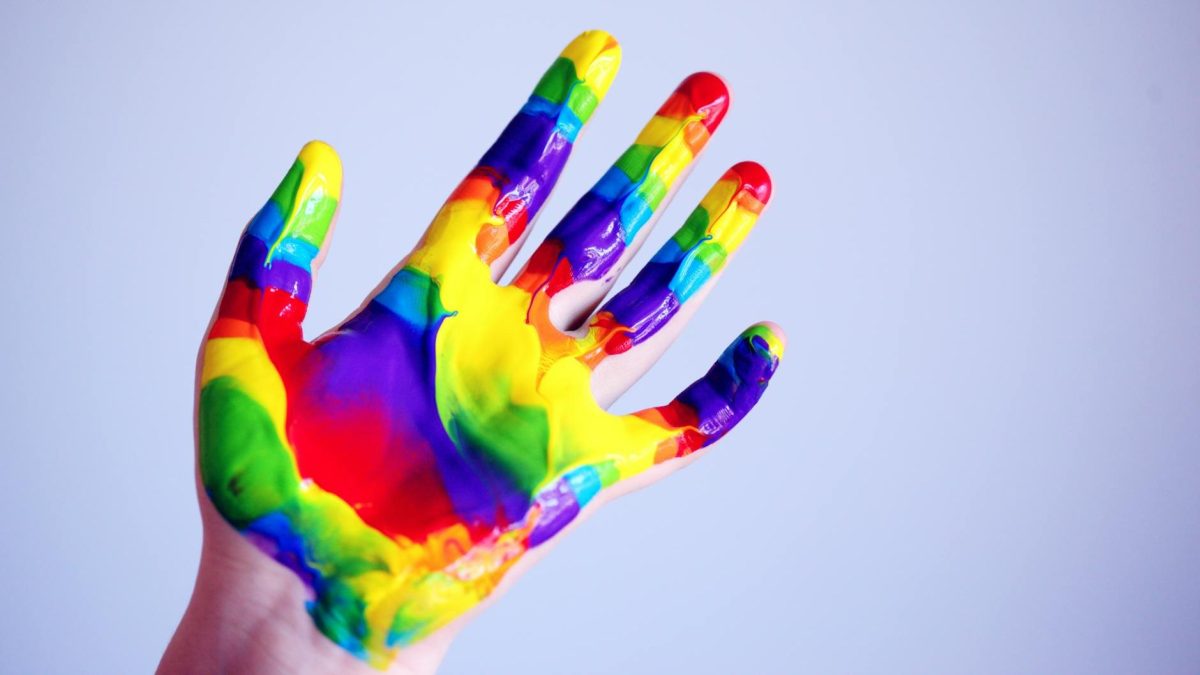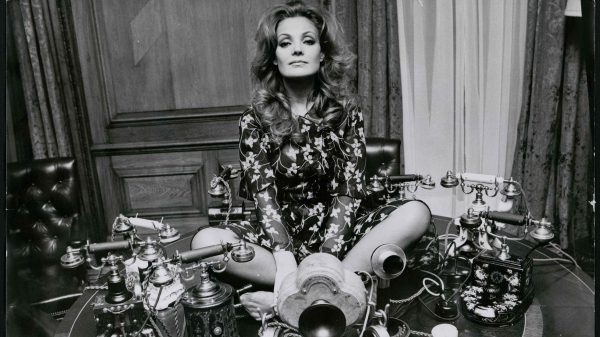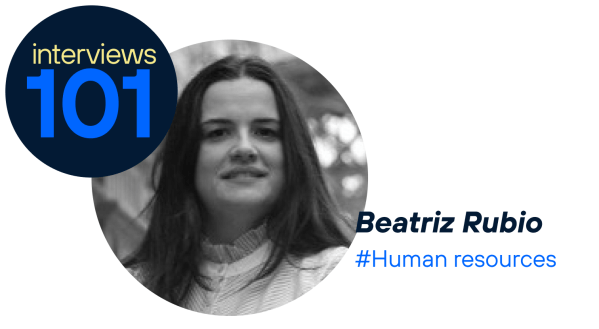Definition
But we all know that creativity is much more, it is the capacity that people have and that differentiates us from animals, to create, to associate concepts and ideas that at first do not seem to have any relation to give rise to new ideas, to solutions, to constructive and divergent thoughts. It is the process of coming up with new ideas that are valuable.
It means putting the imagination to work. We have a very powerful imagination, we can imagine the past and the future. Human beings are unique, we are able to create films, songs, books, drawings, buildings, etc., to create.
The right hemisphere of our brain is responsible for the development of creativity. The power of creativity is the source of our problems and the possible way to solve them. There are people who, as soon as we see them or know more about them, because of the way they look, work or move, we say that they are very creative and others, on the contrary, believe that they are not creative at all and that they should not dedicate themselves to anything that has to do with it, such as music, painting, writing, sculpture, cinema… art in general.
But this is not really so, creativity is not a gift that only a few have, it is not something that is inherited, it can also be worked on, like many other skills and this is what I want to talk about today.
How to develop creativity
Creativity is very necessary nowadays in all areas of our lives because it generates new ideas, new ways of working, it makes us look for original solutions to new challenges or problems that arise, at the end of the day, it makes our life less boring, more productive, more dynamic and we learn more. Moreover, thanks to it, we can overcome anything that comes our way.
And now comes the best part, there are a series of habits that we can develop and cultivate in order to be more creative and extend this to our work, our personal life and ultimately live better and be happier.
As with all habits, we must begin to work on ourselves, to observe ourselves, to see how we relate, how we react in different situations in life, to see what we are good at and what we are not so good at.
In my case, I have started to keep a diary of the films and series I watch. In this diary I tell the feelings they have produced in me, I make a critique, I look for relationships between different themes, and this is opening my mind a lot in other areas, such as music or painting.
Another good habit is to experiment, to try new things that produce new emotions or sensations that make us feel more alive. A friend of mine loves to run in the mountains and she loves to cook and when she goes for a run, if she comes across a strawberry tree, she thinks of experimenting and creating a new bread made with fermented strawberry trees. This is also being creative. By researching, you create, you look for new techniques, new sensations.
“Creativity is simply connecting things”
I have a friend who is a teacher of primary school children and some days he changes the layout of the class so that the children come in motivated. He has them do very different activities to each other and he confronts the fears that they think they won’t be able to do some things.
He values the effort they make and explains to them that it is normal to make mistakes, that if one day they don’t succeed, they should try again, as many times as necessary, and in the end they succeed. And they also keep all their work to see how the process of growth has been. This encourages them all a lot and makes them face new challenges without fear.
Here I would also include risk, which involves experimenting with the unknown. The person who invented the mobile phone or the e-mail, or the fax, or cutlery, surely wasn’t sitting in an armchair waiting for everything to be given to him, he surely got out of his comfort zone and set off and experimented and tried and tested until he reached his goal.
Failures
To be a creative person it is necessary not to throw in the towel when you want to solve something. It is good to try again and again, to try new ways, to reflect, to read a lot, to observe, to analyse, to look for new answers, to relate to other different people in order to obtain different results… and by trial and error, to get to the end. This is how we will discover the solution to a problem or find what doesn’t work to obtain the expected result, that’s why “failures” are not failures as such, but part of the path.
“If you hear a voice inside you that says ‘you can’t paint’, then paint whoever falls, and the voice will be silenced.” (Vincent Van Gogh)
Life is like a laboratory, full of hypotheses and tests until a result is reached, and for that, creativity is needed. Like, for example, when we try different ways of cooking that dish we like so much. I am sure that the first time Arguiñano made a potato omelette it was not half as good as it is today.
And finally, we should develop the ability to reinvent ourselves. Sometimes it happens that life is not as we would like it to be, as we expected it to be. We are not comfortable at work, or in a relationship, or we have lost someone or something important in our lives and we have to change the way we see and feel about life. Which is a big effort, but if we want to survive, we have to do it. That is also creativity.
Conclusions
In short, we must know what motivates us most and do the things we are most passionate about. For this passion is the engine that drives our lives and the world we live in. It is good to have discipline: to make an effort, to experiment and to take risks.
You can be creative with anything, with any job. You can be a very creative musician, but you can also be a very creative clerk, a creative footballer, a very creative mathematician, a very creative hairdresser and that will help you learn and enjoy more.
We all have creative faculties, it is not limited to special people and it can be taught, in fact, I think it should be a compulsory subject in schools.
“Creativity is contagious, pass it on” (Pablo Picasso).








